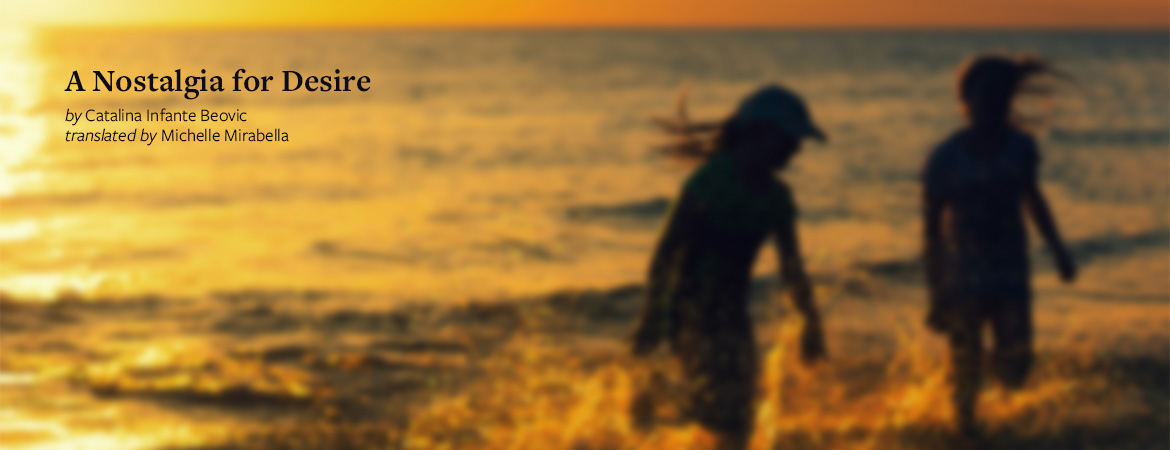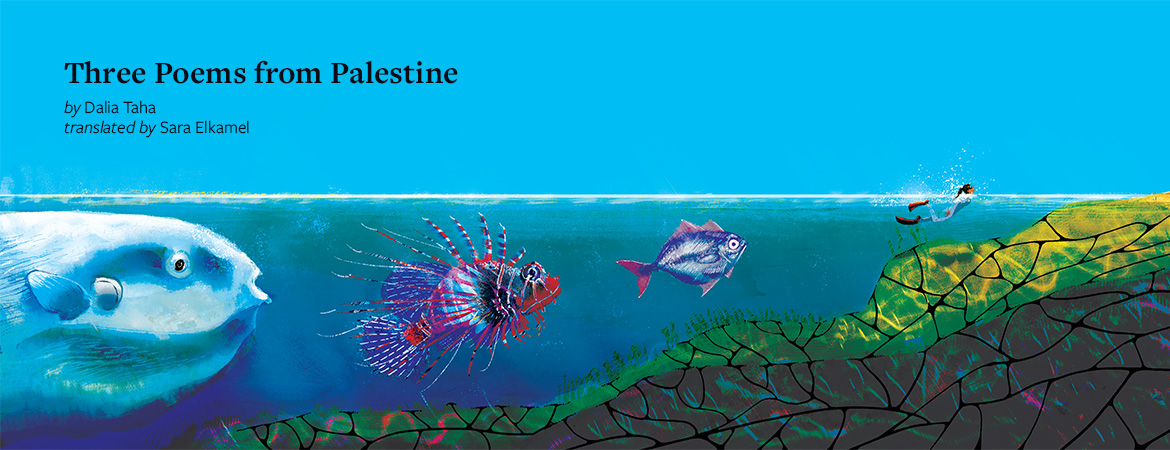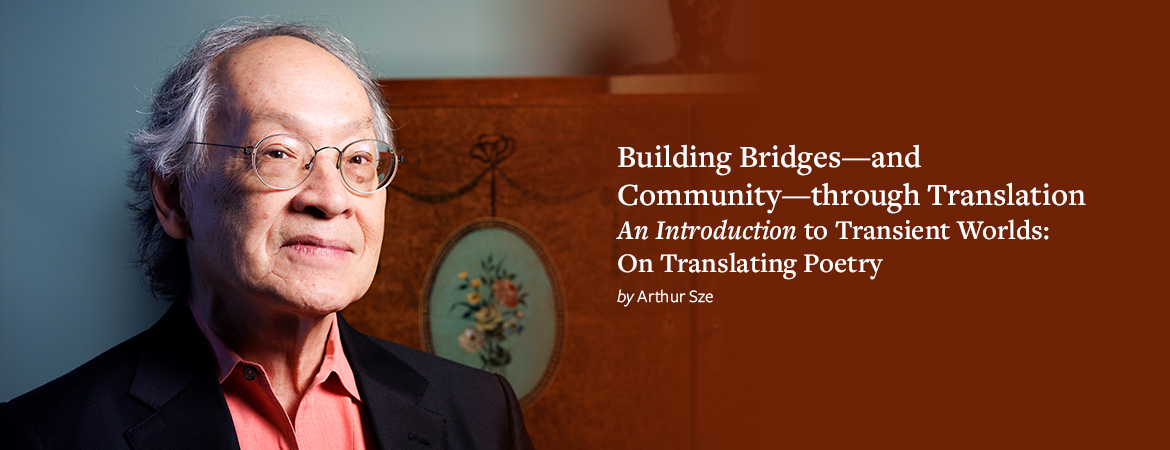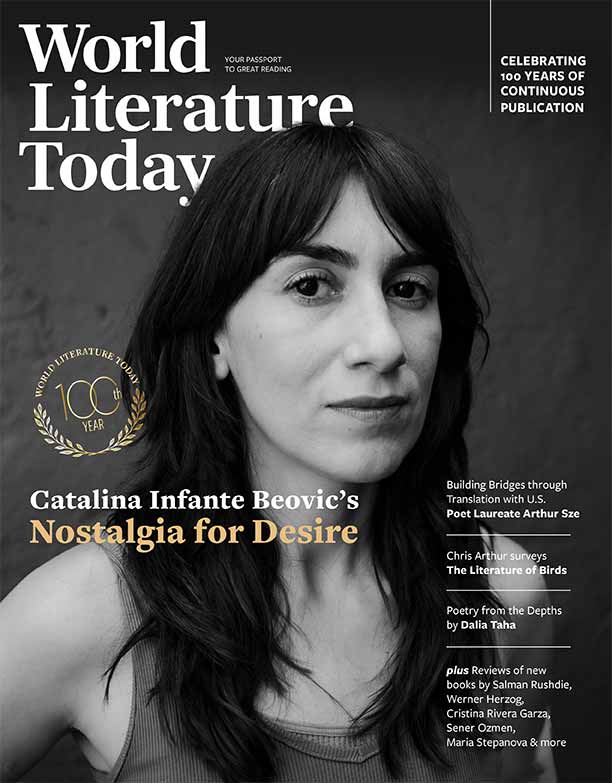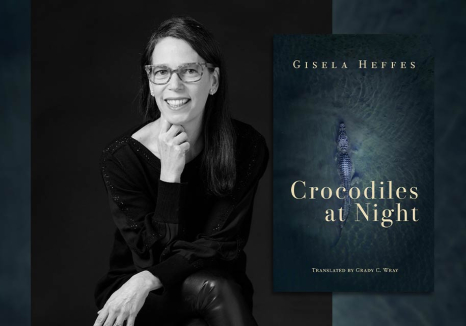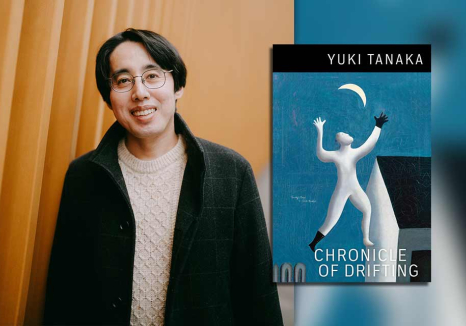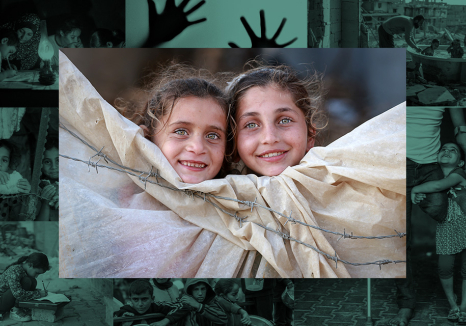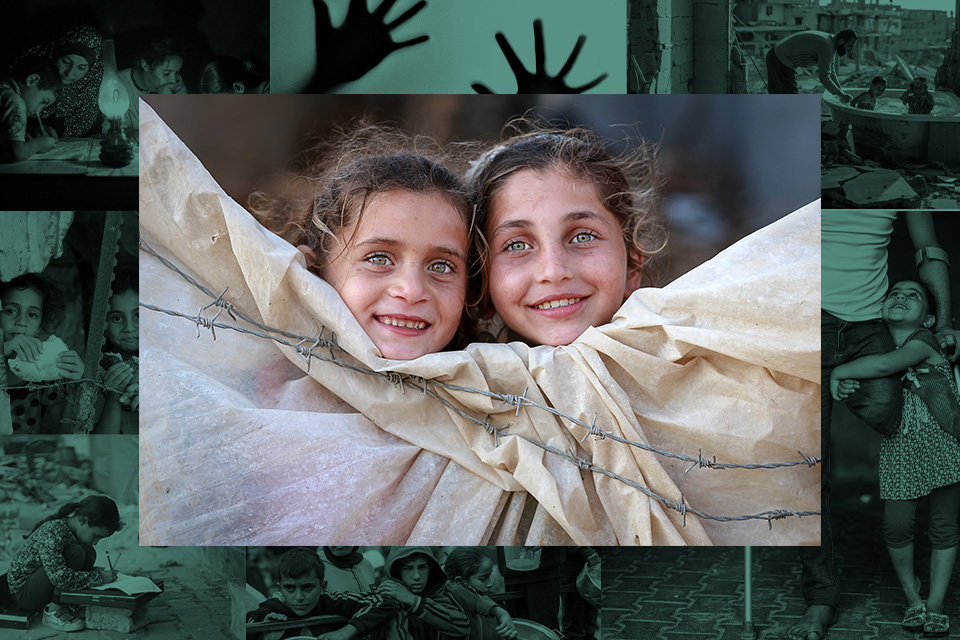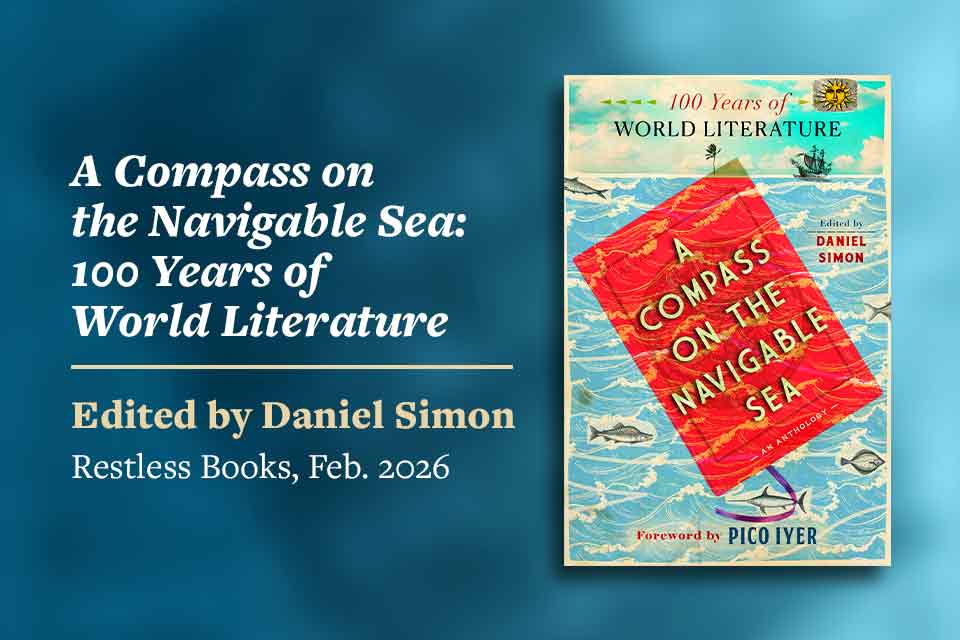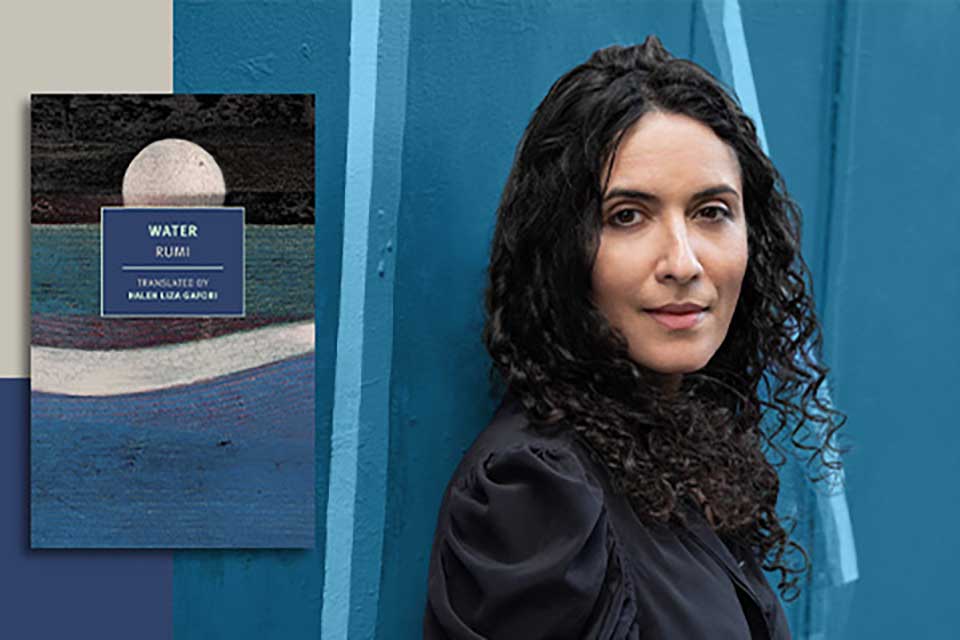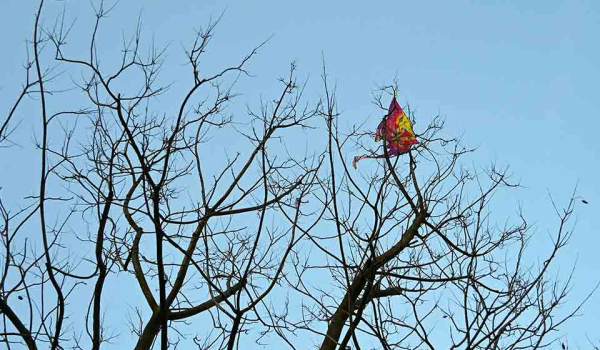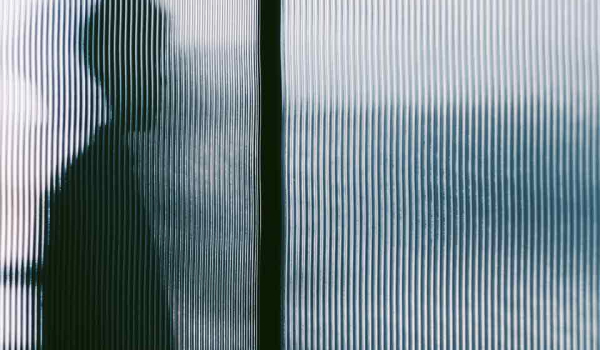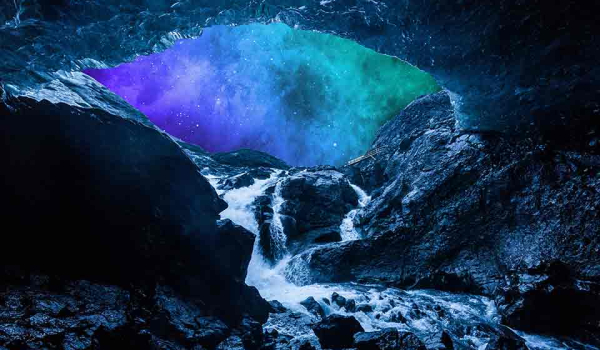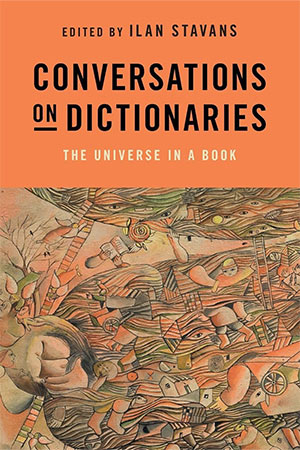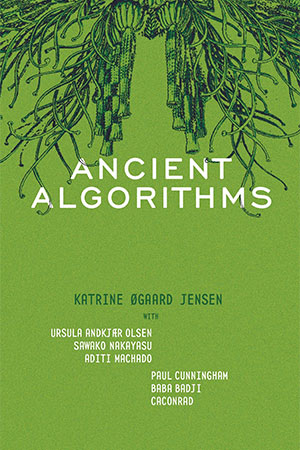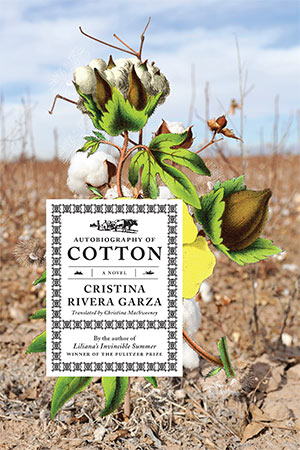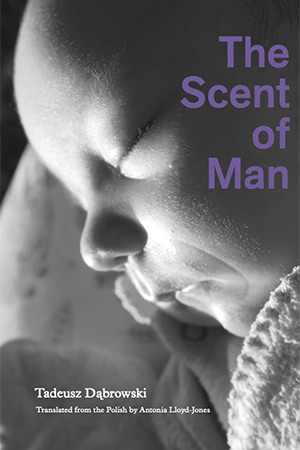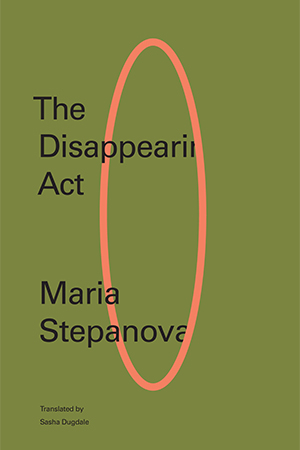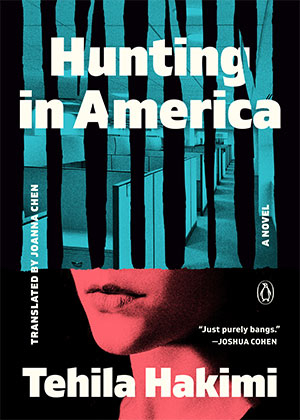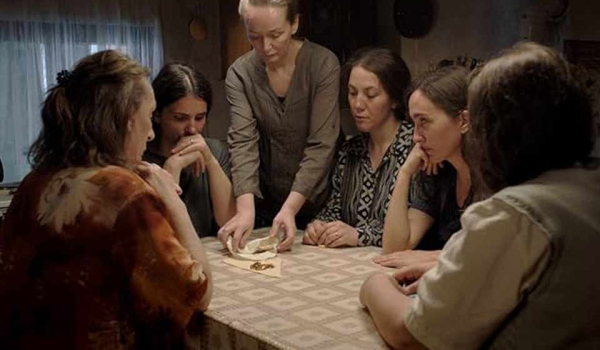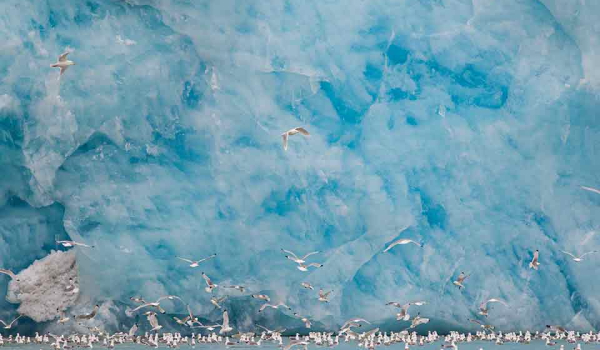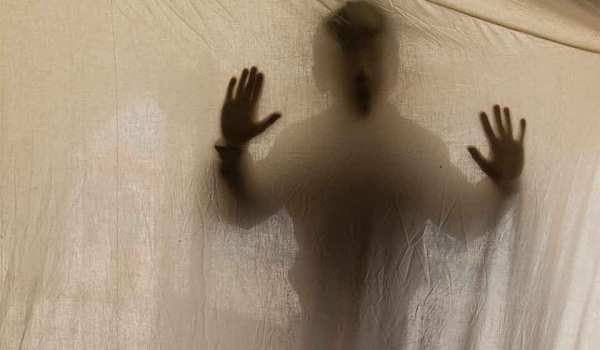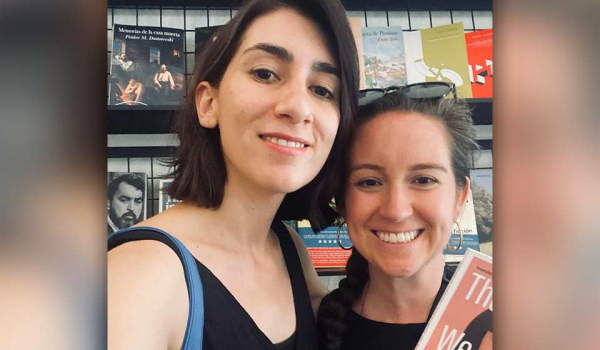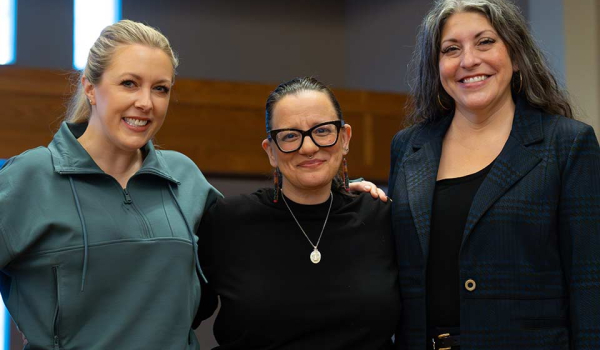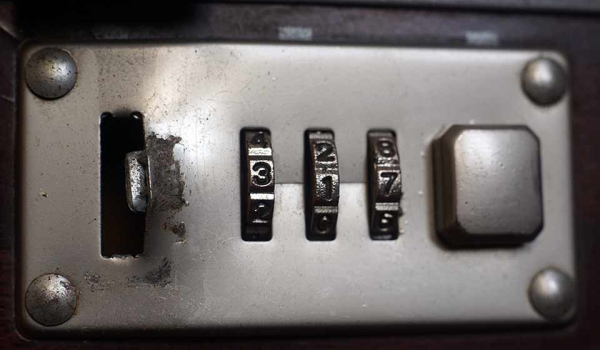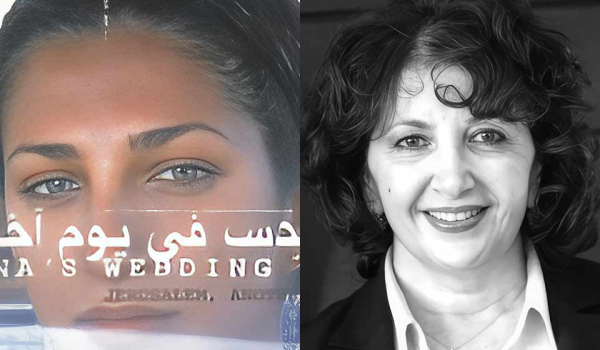News & Events
“It isn’t easy to be stationary, and mute, even though / my corner of the park is comfortable—a corner splotched / with the moving shadows of the years,” from “Park Bench,” by Radhika Oberoi
“The streets are growing empty / of human trappings, life’s color. / One after another, we pull back. / Nobody is calling out to me, / nobody is coming down the street,” from “I Am My Own ID,” by Mariam Meetra (trans. by Sabrina Nouri & Samantha Cosentino)
“We’re disembodied: Aurora, my mother of northern light, and I, / echoing through our landlines in the western hemisphere,” from “Aurora Frog,” by Joseph O. Legaspi
Kosovar filmmakers craft films that speak not only through the visual image and what is seen but perhaps even more powerfully through what remains unseen and unsaid. Eralda L. Lameborshi watches the films of Kosova and finds that this resistance to closure is a form of honesty about a society that is still living with unresolved loss.
A book about a bird is more than just a book about a bird. As Chris Arthur urges here, the literature of birds has a role to play in perhaps the most urgent task facing environmentalists today: finding some effective strategy to recalibrate the mindset that is wonder-blind and therefore nature-careless.
Rematriation, a concept advanced by Lee Maracle (1950–2021), among other Indigenous women, is “the process of restoring lands and cultures, done with deep reverence to honor not only the past and present but also the future, and rooted in Indigenous law” (IndigiNews). Here, the authors relate their own rematriation work in Oklahoma, Iraq, and beyond.
Translator Michelle Mirabella interviews Catalina Infante Beovic.
For a roundtable conversation devoted to Cherie Dimaline’s work that ended with the author gifting pieces of jewelry to the panelists, Kimberly Wieser-Weryackwe tied together themes of storytelling, Indigenous futurisms, and going home in Dimaline’s writing. The following is an adapted version of her talk.
The 2025 NSK Prize ceremony featured a video greeting from OU President Joseph Harroz Jr., a powwow exhibition dance, and the formal prize presentation by the Neustadt sisters. After receiving the award, Dimaline received a standing ovation, then delivered the following acceptance remarks.
The Suitcase
The suitcase smells, it’s unusable, but how can a daughter let go of her father’s suitcase, the very case he may have taken back to India on his first trip back after immigrating to the US?
Both Freed and Constrained by Words: 9 Questions for Rie Qudan
An interview with Rie Qudan, whose novel, Sympathy Tower Tokyo, won the Akutagawa Prize, Japan’s most prestigious literary award.
“I Feel a Sacred Fire Inside Me”: A Conversation with Palestinian Writer and Filmmaker Liana Badr
An interview with Liana Badr, renowned Palestinian writer, filmmaker, director, novelist, and poet. She is the author of one novella, three collections of short stories, six children’s books, a book of interviews, a book of poetry, and four novels, including A Compass for the Sunflower, A Balcony over the Fakihani, and The Eye of the Mirror. She has also written and directed seven films.

